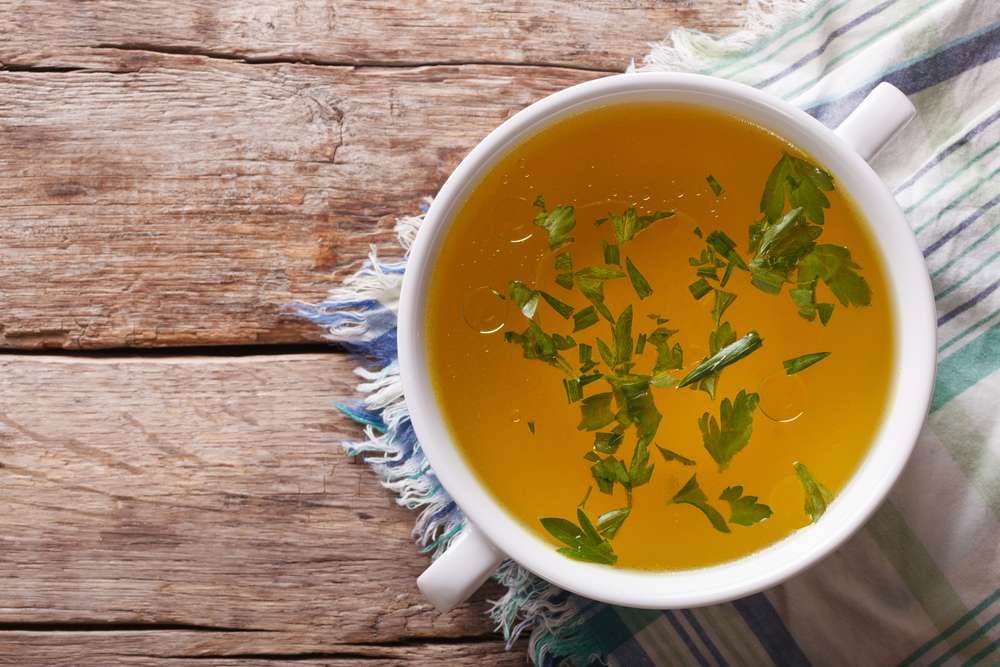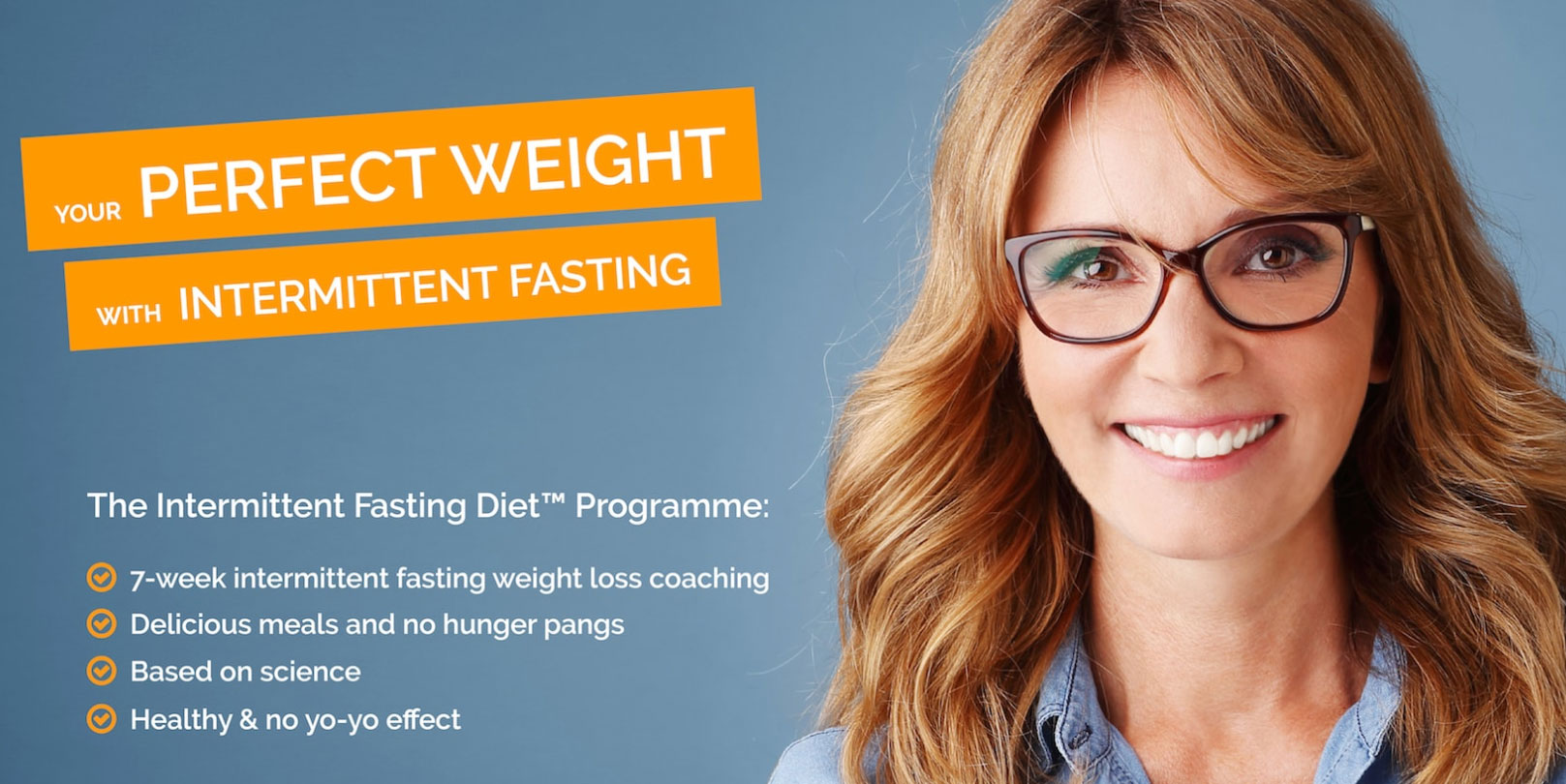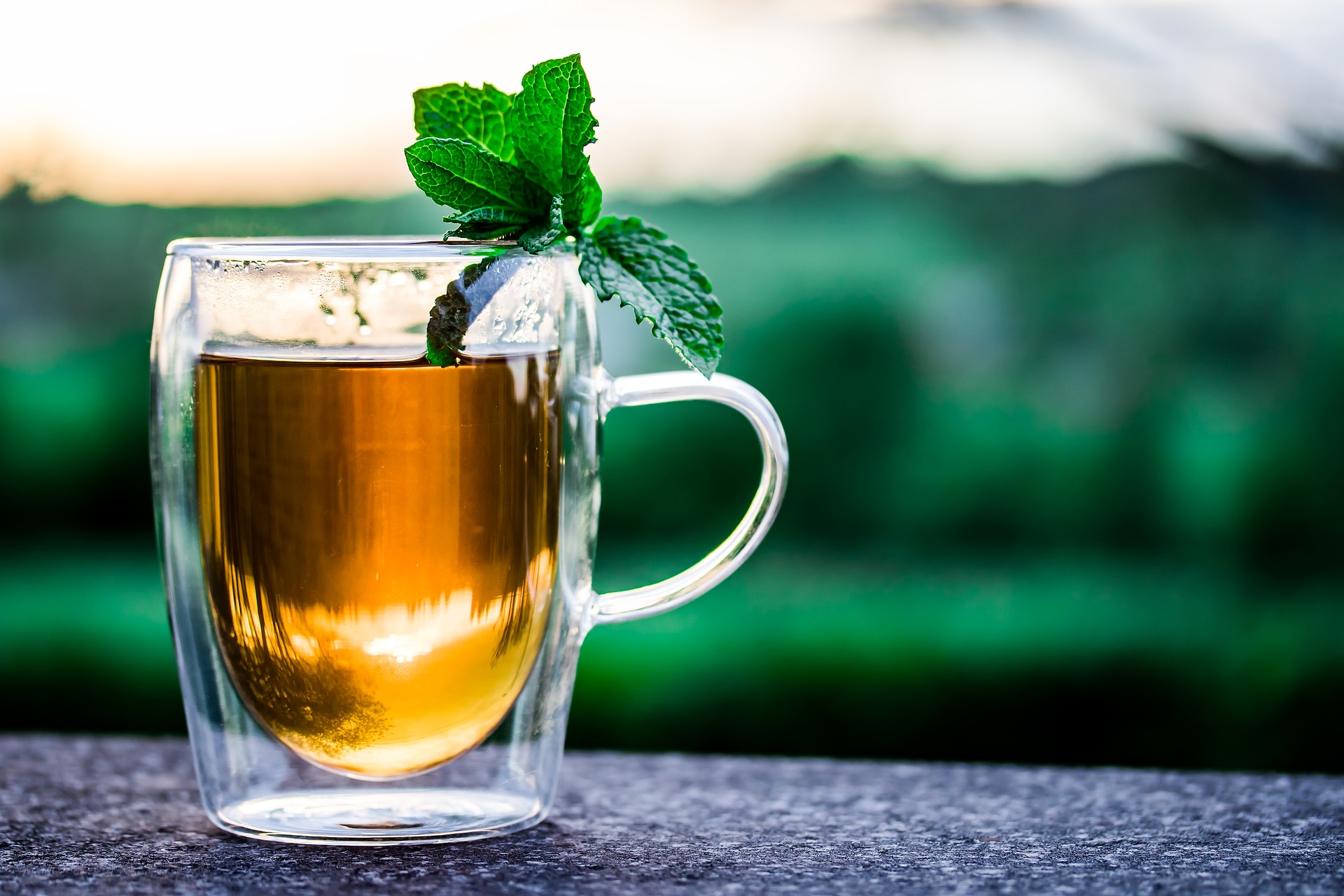Water fasting benefits
Fasting with water is simply stopping eating for a certain period of time to allow the body and digestive system to regenerate and rest. It differs from dry fasting, since here you have to drink throughout the day. So you continue to drink, but you simply stop eating altogether. This is the most common type of fasting practiced in the world. It is better tolerated than a dry fast, and allows a total detoxification of the organism.
The benefits of water fasting
The practice of hydric fasting is motivated by the various benefits that this practice implies. First of all, this temporary diet helps to detoxify the body. It would also help prevent various ailments, such as chronic fatigue, hypertension, overweight, allergies, cardiovascular diseases... In short, if it is correctly practiced, water fasting is beneficial for our organism. It can be practiced without danger: all you need to do is get your doctor's approval to start!
The drinks of the hydrous fast
As we have stated, it is necessary to continue drinking throughout the day during the water fast. Four types of drinks are possible:
• Water: it is the most natural drink there is, and the only one to be essential to our health. During the watery fast, we hear a lot of recommendations. Ideally, choose spring water, the least mineralized possible. To do this, choose the brand of water that offers the least dry residue.
• Fruit and vegetable juices: the body's detoxification crisis can be heavy for many people. This is why it can be interesting to consume fruit and vegetable juices when fasting with water. These juices help to slow down the elimination of toxins and make the fast more "bearable". All recipes are allowed! Fruits and vegetables are excellent sources of natural antioxidants, vitamins and minerals.
• Herbal teas: Herbal teas tend to support the process of toxin elimination and stimulate the work of our emunctory organs. They are beneficial and adapt very well to watery fasting. You will then associate the benefits of water fasting with those of plants!
• Vegetable broths: It happens that some people consume vegetable broths during the fast. They provide large amounts of nutrients, but require less digestive resources than other beverages. It is a common alternative to fruit and vegetable juices.

The three phases of water fasting
Water fasting can be broken down into three distinct phases: preparation, food descent and the fasting phase. The details of these phases allow a better understanding of the course of the water fasting.
Preparing for water fasting
During this preparation phase, it is advisable to seek the advice of your doctor. If only to make sure that there are no particular contraindications, especially if medical treatment is under way. In addition, it is essential to find out about the course of the fast and to provide the necessary beverages. It all depends on what you wish to drink over the next few days!
It is important to be aware that the fasting period leads to a detoxification of the organism, which is characterized by various symptoms: headaches, irritability, fatigue and mild digestive problems. These are temporary effects that disappear very quickly.
Engaging the food descent
A few days or weeks before starting your treatment, you need to make some changes in your diet. Start by reducing animal products such as eggs, fish and meat. Do the same with all stimulating products, such as products rich in sugar, coffee, tea... Finally, limit your consumption of cereals and bad fats to a minimum. Vegetalising your diet before you start fasting is a very good way to prepare your body. The food descent therefore consists of gradually eliminating all foods that are difficult to digest, in order to prepare the body for fasting. It is an important step that should not be neglected. Don't stop eating overnight: the transition would be too abrupt.
Going on a watery fast
Once your body is ready, you can then begin your water fast. Be aware that the first three days are usually the hardest. After that, feelings of hunger and fatigue fade. During the water fast, you should consume between one and three liters of liquid per day. It all depends on your morphology, your health, your feelings... Take care to listen to your body. Drink as soon as you feel the need or desire, but do not force yourself.

During your fasting period, you should try to keep up normal activity. Practice sports as before, enjoy your leisure time... Don't deprive yourself. But if you don't feel attacked, don't force yourself to do physical activity! Listen to your body and respect its limits. Finally, don't stop fasting with too much brutality. Gently reintroduce solid foods to your diet, day after day. Choose small portions of easily digestible foods, such as seasonal fruit, for example. Then reintegrate cooked and raw vegetables, good fats and cereals. Go gradually and without forcing yourself.
Things to remember
Fasting with water is a common and safe practice that allows our body to take a break. It then eliminates all toxins and allows us to think more clearly. We regain contact with our body and our sensations. During this week, choose water, fruit and vegetable juices, herbal teas or vegetable broths!


